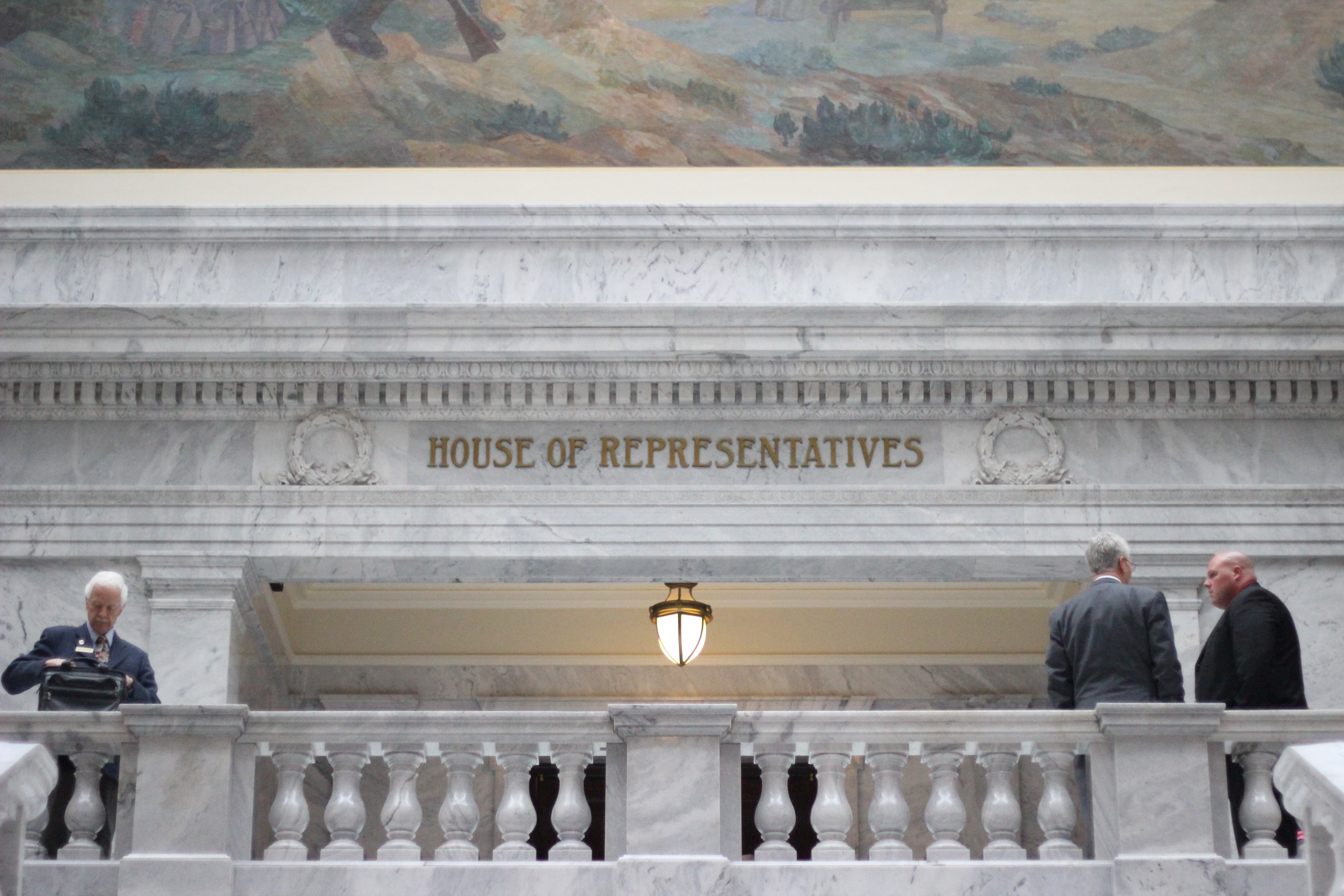By: Liesel Hansen
SALT LAKE CITY – Parents with young autistic children are looking to breathe a little easier as a bill that would help them got its first endorsement in an House committee Friday, Feb. 7.
The Autism Amendments Bill, HB88, will help all young children with autism, according to Rep. Ronda Menlove, R-Garland.

Photo by Aaron Butler
“That early intervention has shown great promise for children,” Menlove said.
The program proposed is for children ages two to six who have autism, and it is designed to help them with verbal behavior, social interaction and emotional skills. Currently only 572 children could qualify out of the 2,700 children with autism in Utah. The program would cost the state $6.5 million per year.
Menlove shared a story of a friend of hers, which gave her the idea in the first place. According to Menlove, a friend called her, sobbing, and asked “When are you going to do something to help families with autism?” During the conversion there were sounds of a child screaming in the background. Her friend said, “What you hear is my son.”
Parents with children in the program are very engaged, Menlove said, They learn skills from the program and are able to help their children.
“Has every child been perfected and cured? No, but overall behavior has improved,” Menlove said.
The program should be able to help autistic children and prevent future costs to schools because of the early intervention.
Rep. Edward H. Redd, R-Logan, has worked with adults with autism, and supports the bill because of its preventative measures.
“We save ten times more resources down the road. This is something we seriously need to consider what happens when we don’t treat these children,” said Redd.
Children are currently selected randomly from the application pool, according to Michael Hales, Director of Department of Health.
An unidentified woman also testified of her personal experience with the program, and how much it helped her daughter with autism. Although her daughter’s needs don’t end at age seven, when the program ends, it’s still done something to help, she said.
“I just think this is something we have to do,” Menlove said. “We have to do something.”




